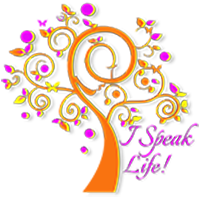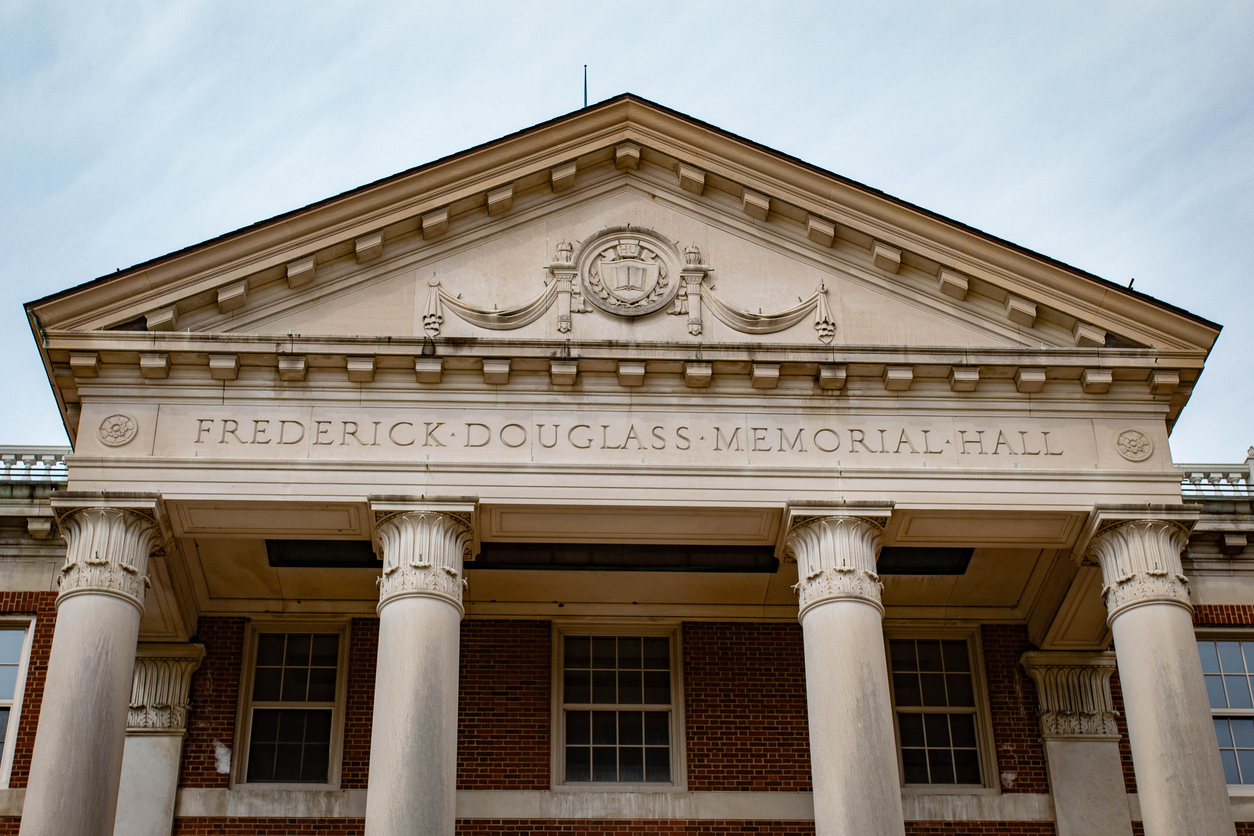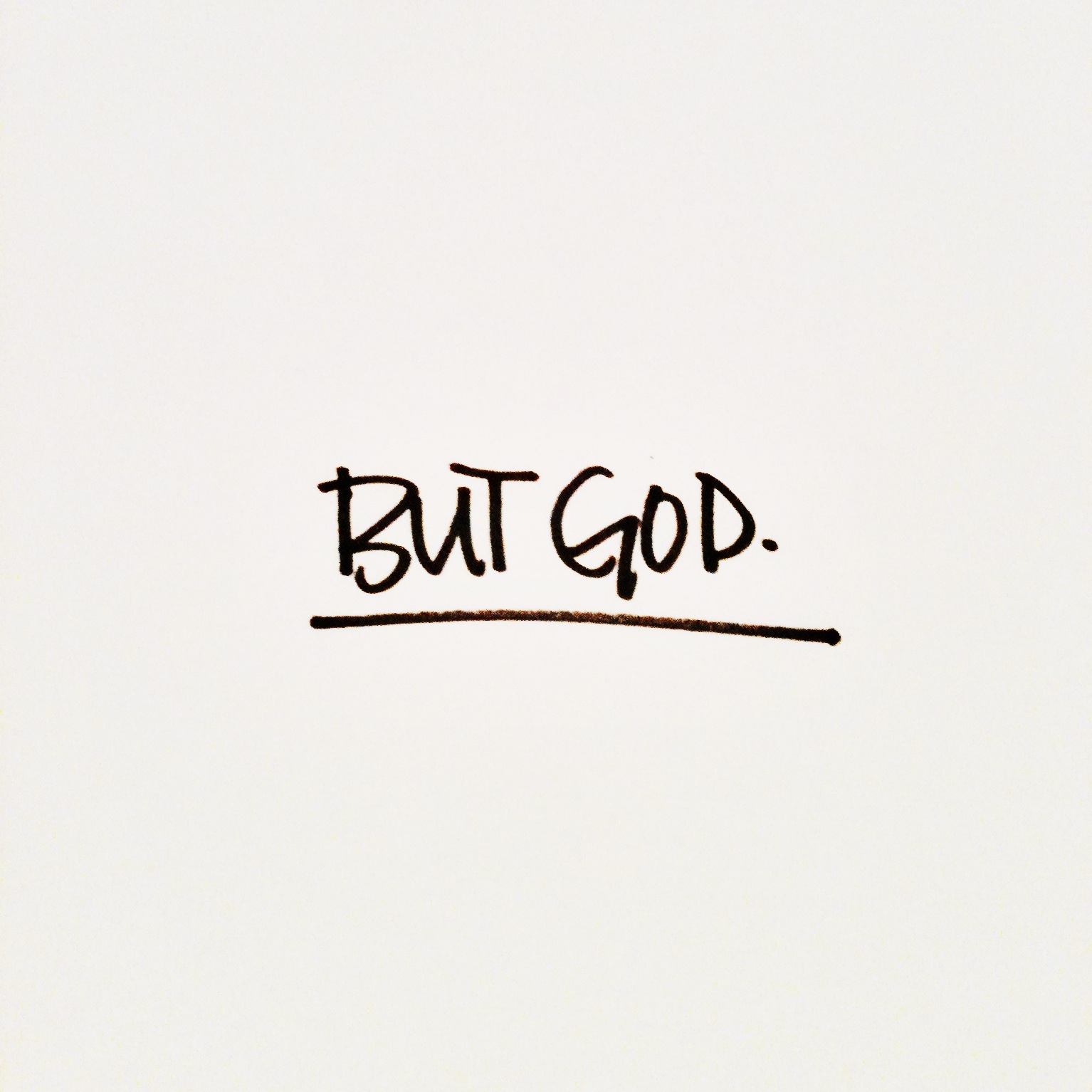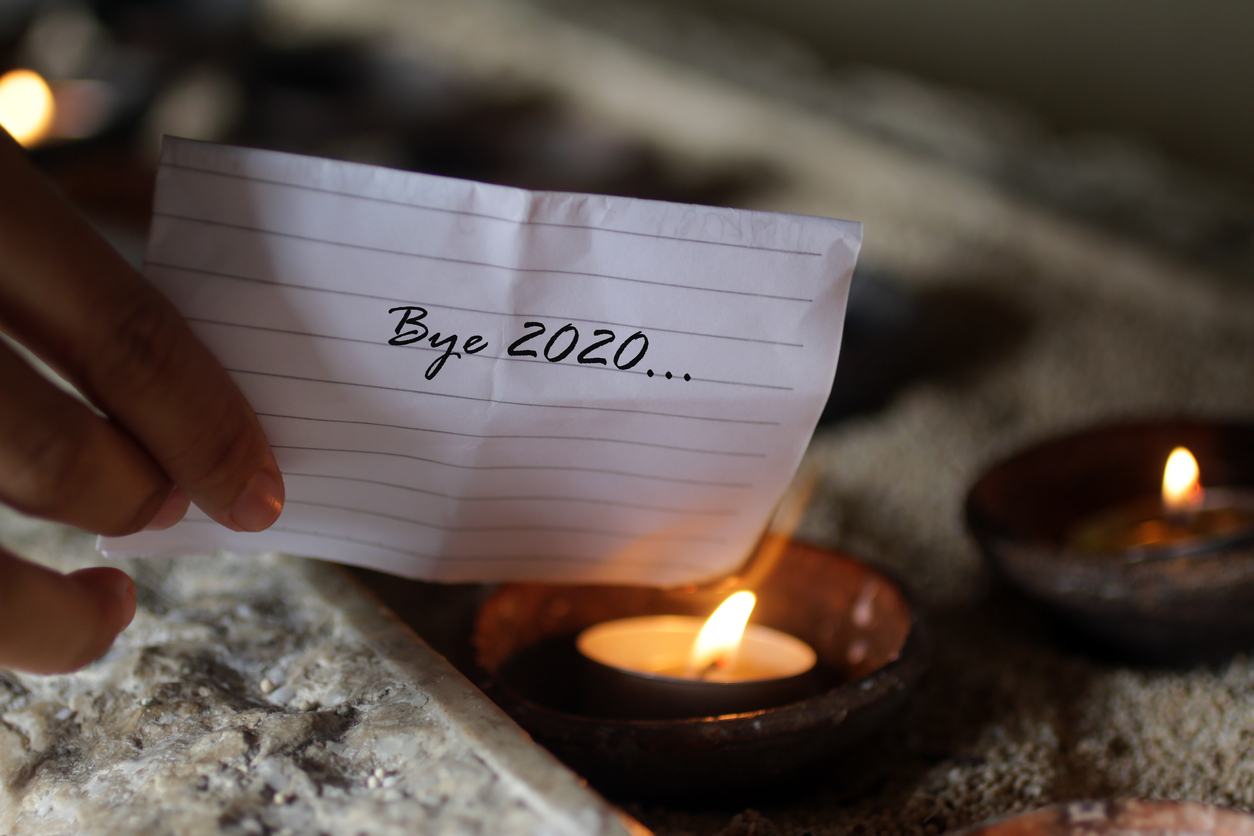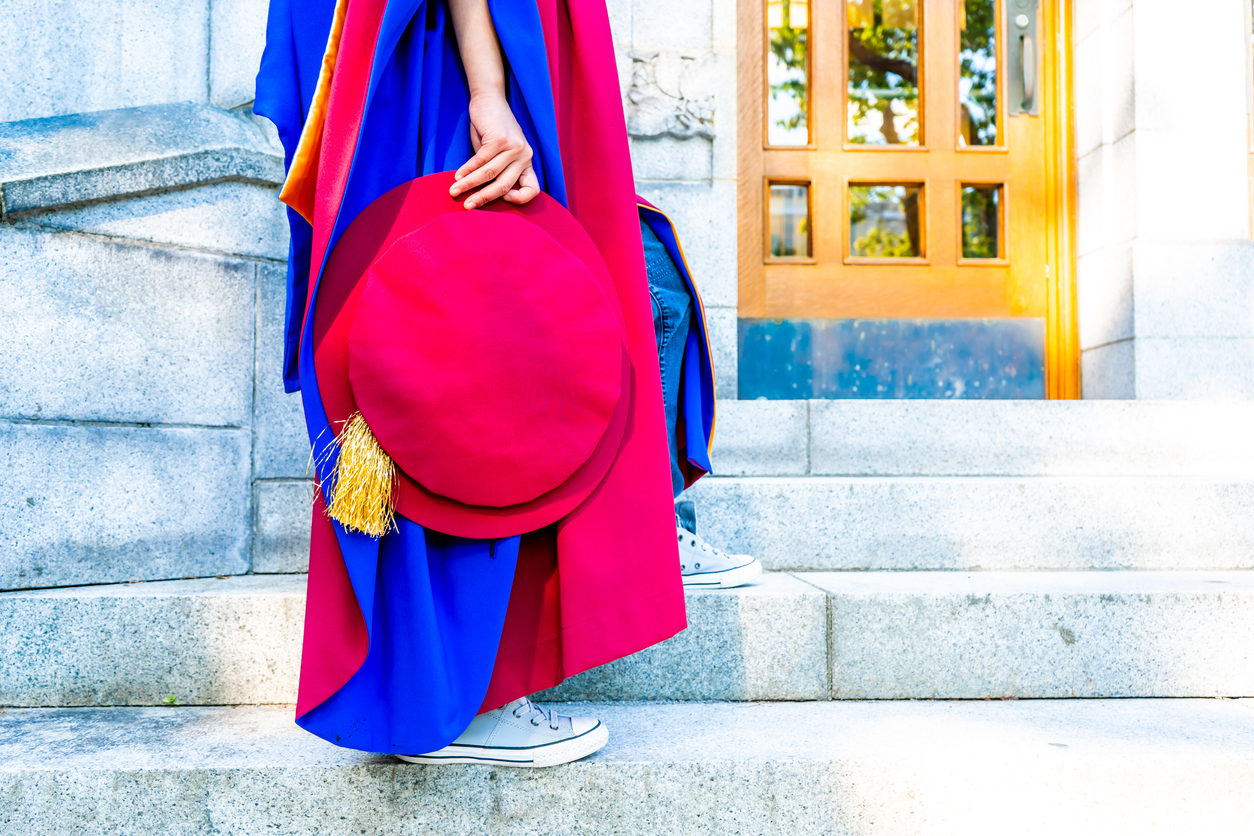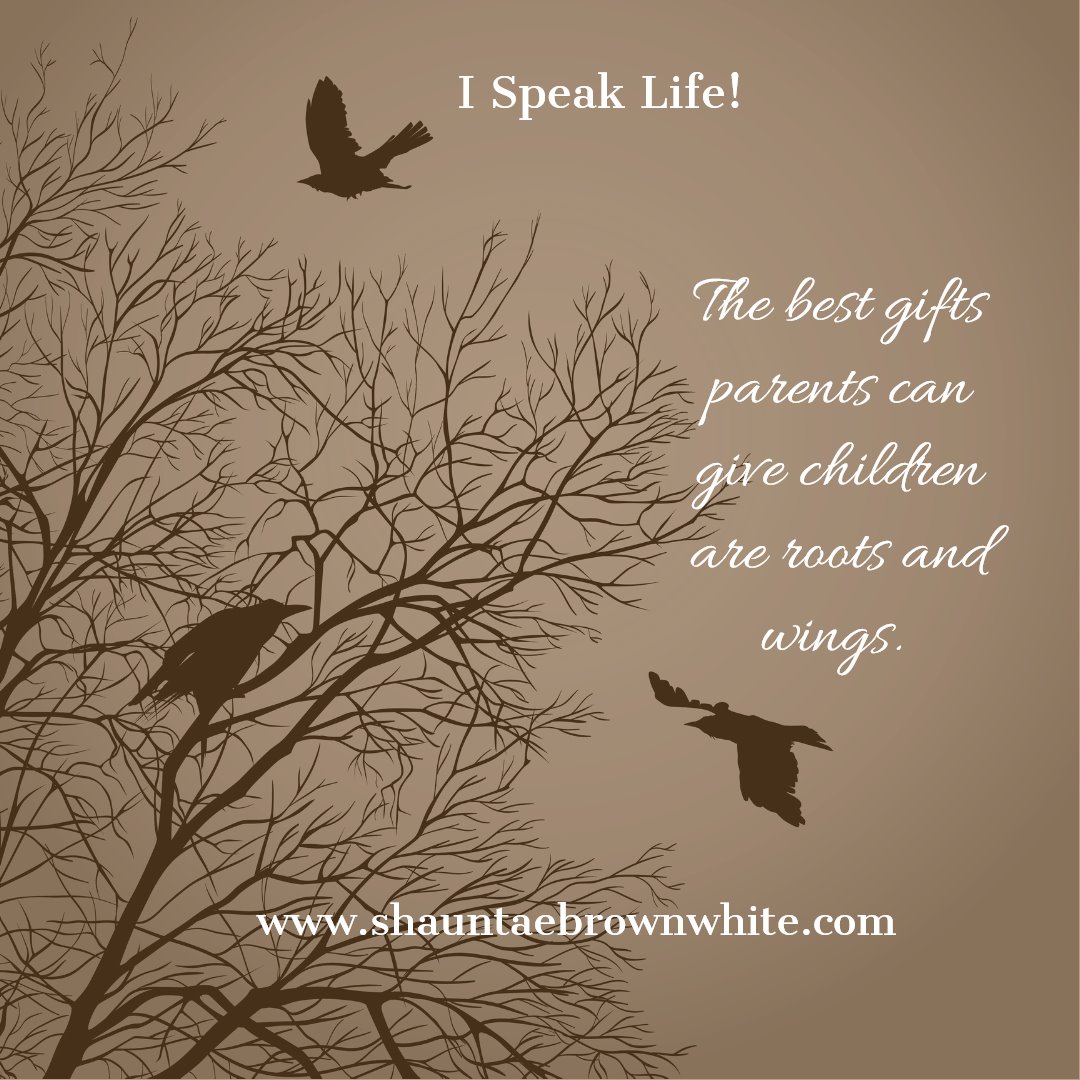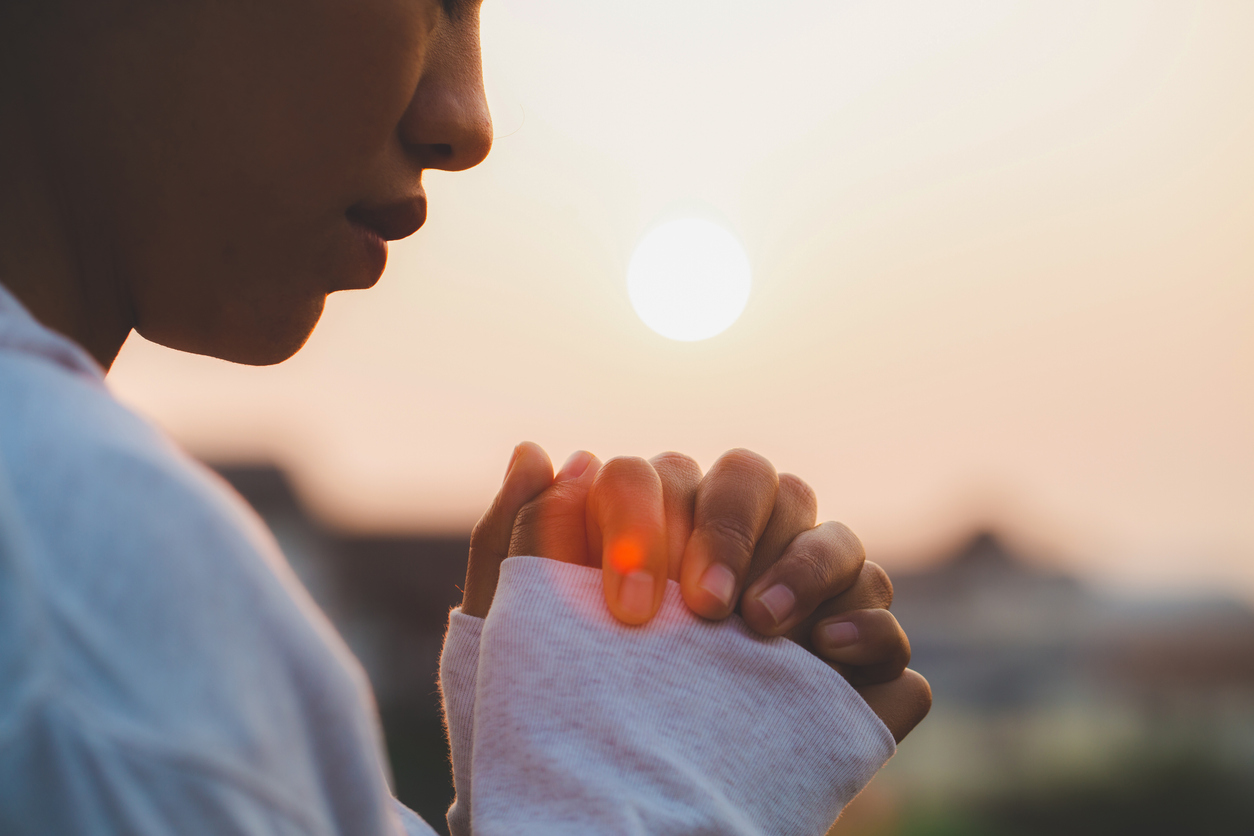I am a strong advocate for all Historically Black Colleges and Universities. I am a proud graduate of Howard University. I am proud professor at North Carolina Central University. My oldest daughter will attend Hampton University in the fall.
Last week, the interim provost and the NCCU Chancellor Johnson O. Akinleye had conference calls with faculty and administrators across campus about how we were to prepare for the fall semester amidst COVID-19. During the call with my respective college, I thought to myself: we are facing a potentially calamitous situation. NCCU, like other institutions cannot afford to fully open up in the fall and create a hotspot for the coronavirus yet, we cannot afford not to open either. Universities will still need to pay its greatest resources, which are human resources all while losing multiple streams of revenue within this next year. State schools can count on smaller appropriations from legislatures. All institutions can count on the loss of tuition from students and parents who have lost jobs or opt to sit this year out; the loss of housing and meal plan revenue from students who will take classes online; and the loss of other revenue such as fees, parking and athletics—especially football for those schools with football programs, which tend to be a money-maker.
As I was texting a colleague during the meeting, I casually mentioned that I suppose homecoming is unlikely to happen this year. Anyone who has been to an HBCU homecoming knows it is an experience like no other, and it would be impossible to maintain social distance practices. It is the grandest family reunion weekend of shoulder-to-shoulder alumni from different generations and decades. Yet, you are always able to find “your people” in this sea of people. Homecoming generates money for the local economy. When Bison descend on Washington, D.C. during homecoming weekend, DC knows it! I always see and greet multiple Bison in the airport when I land and depart. Hotels are booked. Restaurant, club, Uber and Lyft wait times are long. Local vendors are stocked up and ready. Homecoming revenue is a win for the city.
Homecoming will more than likely not happen in the same way this year. On top of the loss of revenue from other sources, schools will need financial support like they have never before. I am challenging all HBCU alumni to give something to their alma mater this year. No amount is too small. I am especially challenging all alumni who make the ritual sojourn to homecoming to add up all you spent to get ready, to travel and attend homecoming the last year and give that amount to your institution. Last year from my hair/nail services, plane ticket, hotel, meals, Uber rides, vendor shopping on the yard, and the alumni jazz brunch, I spent $825. This year, I am going to give that directly to Howard University. I say that Howard is the hand that raised me. I am also going to pledge half of that amount to the hand that feeds me, North Carolina Central University.
Why is it crucial we give? Because HBCUs still matter. Howard University mattered to me, a first-generation student of a divorced mother from the inner-city of Kansas City, Missouri. Howard helped me find and cultivate my voice and develop as a socially-conscious leader. Howard prepared me, like so many others, to successfully thrive at Predominantly White Institutions (PWI) for advanced degrees. I began my academic career and earned tenure at a PWI before I came to NCCU. At NCCU, I have had plenty of students who would have succeeded at any institution of higher learning. I have also had my share of students who needed someone to see past their lack of “social respectability polish,” inadequate writing skills, and complex lives and still see their humanity and their brilliance! All they needed was someone to see them as diamonds in the rough. HBCU faculty are diverse in teaching approach and perspectives. Yet, many of us require and expect a standard of excellence, while offering nurturing guidance as we develop students for who they can be.
Why else is it imperative we give this year? Many of our HBCUs are under resourced and have long-survived on creative ways to make a dollar out of 25 cents. This is not new. However, this pandemic creates a new reality. A few years ago, during the economic recession of 2007-2009, I once heard someone say that when the University of North Carolina System catches a cold, the HBCUs in the system get the flu. What could happen to all HBCUs while the world is in a pandemic? Whether public or private, selective or open enrollment, small colleges or large universities all of us are vulnerable. I suspect the fortunate ones will make it to ICU. Others will operate on life support. Sadly, those who were already on life support could die.
Once our institutions which were created during a time of legalized segregation die, they will not be coming back. The students who can succeed at any type of institution will more than likely be fine just as the many other African Americans before them who attended PWIs. What doors will be opened and what chances will be given to the other students looking for a path to socio-economic upward mobility? Who will see their humanity even with complex lives? Who will see their brilliance beyond whatever academic skills they lack? Everyone will have a part in making sure our institutions survive this pandemic. Alumni, will you do yours by making a commitment to give back to your institution this year? It is a matter of life and death.
